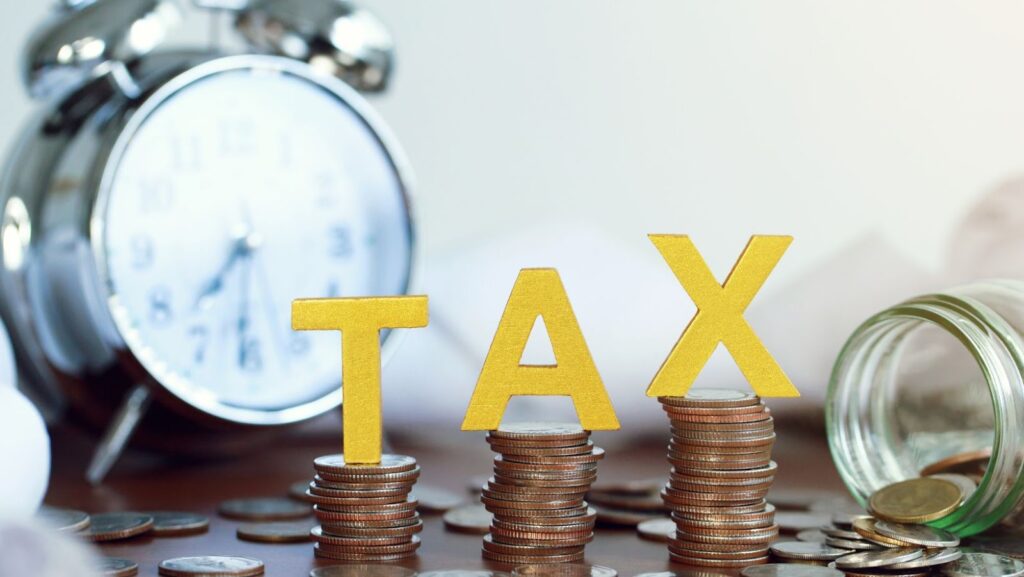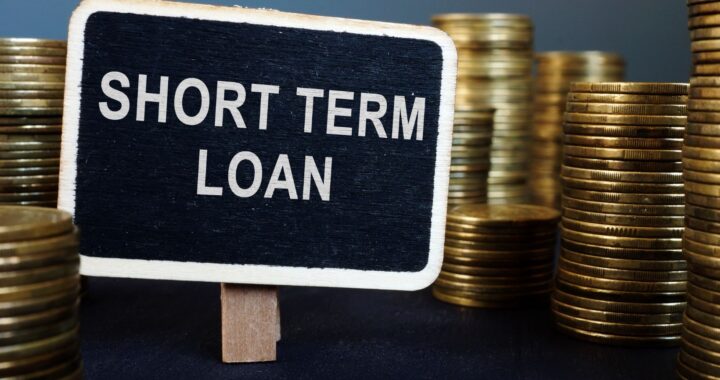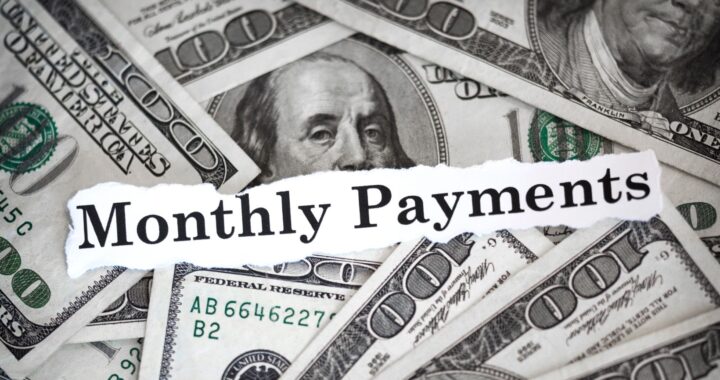
Do You Pay Taxes on Stocks? Here’s What You Need to Know
If you’re a first-time investor in stocks, you may be wondering whether you have to pay taxes on them. The answer is yes; stocks are subject to taxation. The rules surrounding tax on stocks can be complicated, though, so it’s important to know the basics.
The main way you’ll incur a tax bill when investing in stocks is through capital gains tax. This is the tax you pay on any profit you make when you sell stocks for more than you paid for them. The capital gains tax rate depends on how long you held onto the stocks for. If you held onto them for more than a year (known as long-term capital gains), you may be eligible for a lower tax rate than if you sold them within a year of buying them (short-term capital gains).

Do You Pay Taxes On Stocks
As an investor, it’s crucial to understand the tax implications of buying and selling stocks. So, do you pay taxes on stocks? The simple answer is yes. But the amount you pay and the type of tax you pay will depend on several factors, such as how long you hold onto the stock, the profits or losses you incur, and your overall income.
Here are the different types of taxes you may encounter when investing in stocks:
- Capital Gains Tax: This is the tax you pay on any profits you make from selling a stock. If you sell the stock for more than you paid for it, you’ll owe taxes on the difference, which is known as the capital gain. The amount of tax you’ll pay will depend on your income and how long you held the stock.
- Short-term capital gains tax: If you hold onto a stock for less than a year before selling it, you’ll pay short-term capital gains tax. This tax rate is the same as your regular income tax rate, which can range from 10% to 37%.
- Long-term capital gains tax: If you hold onto a stock for more than a year before selling it, you’ll pay long-term capital gains tax. This tax rate is generally lower than short-term capital gains tax and can range from 0% to 20%, depending on your income.
- Dividend Tax: If you earn dividend income from your stock investments, you’ll also owe taxes on that income. The tax rate on dividends can vary from 0% to 20%, depending on your income.
Overall, paying taxes on your stock investments is a necessary part of being an investor. By understanding the different types of taxes you may encounter, you can better manage your investments and make informed decisions about when to buy and sell stocks.

Factors That Impact Taxes on Stocks
As an investor, it’s important to be aware of the tax implications of buying and selling stocks. Here are some factors to consider that can impact your taxes on stocks:
Holding Period
The length of time you hold a stock can affect the tax rate you pay. If you hold a stock for less than a year before selling it, any profits from the sale will be taxed at your ordinary income tax rate. However, if you hold a stock for a year or longer, the profits will be taxed at the long-term capital gains tax rate, which is generally lower than the ordinary income tax rate.
Dividends
If you receive dividends from stocks you own, those dividends will typically be taxed as ordinary income, regardless of how long you held the stock before receiving the dividends.
Capital Losses
If you sell a stock for less than you paid for it (a capital loss), you can use that loss to offset capital gains from other stock sales in the same tax year. If your capital losses exceed your capital gains, you can deduct up to $3,000 of the excess losses from your ordinary income. Any remaining losses can be carried forward to offset future capital gains and income.
Trading Volume
If you engage in frequent buying and selling of stocks, you may be considered a “trader” by the IRS and taxed differently than a typical investor. Traders are often subject to different rules regarding deductions, accounting, and taxes.
Investment Account Type
Whether your stocks are held in a tax-deferred account, such as an IRA or 401(k), or a taxable brokerage account can also impact your taxes. With tax-deferred accounts, taxes are deferred until you start taking distributions, whereas with taxable accounts, you may owe taxes in the year in which you sell the stocks.
In conclusion, when it comes to taxes on stocks, there are several factors to consider, including the holding period, dividends, capital losses, trading volume, and investment account type. By understanding these factors, you can make informed decisions and potentially minimise your tax liabilities while investing in the market.
When it comes to investing in the stock market, many people wonder, “Do you pay taxes on stocks?” The answer is yes, you do. In fact, taxes can significantly impact your overall investment returns, so it’s important to have a strategy for minimising taxes on stock investments.
Here are some tips to help you do just that:
Tip 1: Hold on to Your Investments For More Than a Year
If you hold on to your stocks for more than a year, you will be subject to long-term capital gains tax rates instead of short-term capital gains tax rates. Long-term capital gains tax rates are typically lower than short-term rates, so holding on to your stocks for longer can help you save money on taxes.
Tip 2: Take Advantage of Tax-Advantaged Accounts
Investing in tax-advantaged accounts can be a great way to minimise taxes on stock investments. For example, contributions to traditional retirement accounts like a 401(k) or IRA are made with pre-tax dollars, meaning you won’t pay taxes on the money until you withdraw it in retirement. This can help you save money on taxes in the short-term and the long-term.
Tip 3: Consider Tax-Loss Harvesting
Tax-loss harvesting is a strategy where you sell losing investments to offset gains from other investments. This can help you lower your overall tax bill. Just be careful not to violate the IRS’s wash sale rule, which prohibits investors from buying back the same or a substantially similar investment within 30 days of selling it for a loss.
By following these tips, you can minimise taxes on your stock investments and keep more of your hard-earned money. Just remember to always consult with a tax or financial professional before making any investment decisions.

Conclusion
In summary, when it comes to investing in stocks, it’s important to consider the tax implications. While profits from the sale of stocks are subject to capital gains tax, dividends and interest income earned from stocks are also taxable.
As an investor, it’s crucial to keep track of the cost basis of your stocks and report them correctly on your tax return. It’s also essential to know the difference between short-term and long-term capital gains tax rates and how they can affect your tax bill.
In conclusion, the answer to “do you pay taxes on stocks?” is yes. However, with proper planning and reporting, you can minimise your tax liability and maximise your investment returns. As always, consulting with a tax professional is recommended to ensure compliance with tax laws and regulations.





